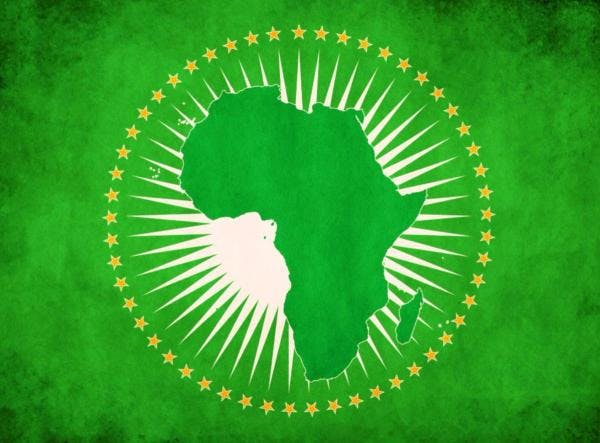Un groupe d’élite des pays africains représentés à Vienne porte atteinte à la politique des drogues de l’Union Africaine
Un petit groupe de pays africains ayant une mission à Vienne, a décidé de soumettre leur propre soumission à l’UNGASS, en dépit d’une position plus éclairée ayant préalablement été accordée par l'Union africaine. Pour en savoir plus, en anglais, veuillez lire les informations ci-dessous.
Abonnez-vous à l'Alerte mensuelle de l'IDPC pour recevoir des informations relatives à la politique des drogues.
By Kerry Cullinan
South Africa’s diplomatic mission in Vienna submitted a reactionary position on drug policy to the United Nations, despite African Union member states having worked for months to draft a far more progressive stance.
This emerged at a drug policy conference in Cape Town last week, at which outraged delegates demanded an explanation for why a document from the minority “African Group” (AG) in Vienna was submitted instead of the AU’s “Common African Position” (CAP).
One of the most controversial clauses of the “AG” document is its support for stronger control over ketamine, used as an anaesthetic in places without electricity or oxygen supplies.
China is lobbying for ketamine to become a scheduled medicine because of some abuse of it in its country, but this will drastically limit its availability in rural and war-torn areas.
“Hundreds of thousands of people who need emergency surgery will die or suffer intense pain if ketamine becomes a scheduled medicine that can only be prescribed by a doctor,” said Dr Liz Gwyther, CEO of the Hospice Palliative Care Association of SA.
Emergency surgery
Ketamine is on the World Health Organisation’s essential medicine list, and WHO official Marie-Paule Kieny says “controlling ketamine internationally could limit access to essential and emergency surgery, which would constitute a public health crisis in countries where no affordable alternatives exist”.
The AG document also does not mention of “harm reduction” options in relation to addicts, focusing only on punishment for those who supply and use illegal drugs.
A UN General Assembly Special Session (UNGASS) on drugs is being held in April and there is intense lobbying for policy change. The world is completely polarised, with some countries executing drug users and others legalising many drugs.
South Africa, as chair of the African Group in Vienna – comprised of only 15 African countries including Morocco, which is not an AU member – submitted the AG position ahead of UNGASS without the knowledge of the AU.
The AU had submitted the “CAP” document to SA Ambassador in Vienna Tebogo Seokolo, and thought this had been submitted to UNGASS on behalf of the continent.
“What went wrong?” asked Maria-Goretti Ane, a Ghana-based consultant for the International Drug Policy Consortium, at the Run2016 Cape Town conference hosted by the TB/HIV Care Association. “Something else drafted by Egypt was given to South Africa to submit. Africa needs to speak out. Why shelve the right document, which came out of the consultative process?”
Ironically, South Africa’s Minister of Social Development, Bathabile Dlamini, chaired the technical committee that drafted the CAP.
Click here to read the full article.
Keep up-to-date with drug policy developments by subscribing to the IDPC Monthly Alert.
Thumbnail: Youtube
Régions
Profils associés
- African Union
